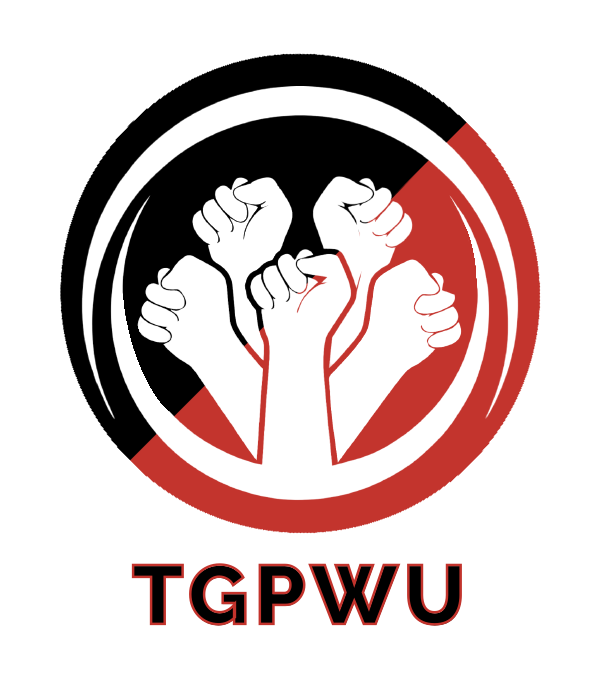The Ministry of Road Transport and Highways has issued Motor Vehicle Aggregators Guidelines, 2020 (“Guidelines”) to regulate the cab aggregator market. The Guidelines have been issued vide notification S.O. 4251(E), in pursuance of Section 36 of the Motor Vehicles (Amendment) Act, 2019, which provides for amendment of Section 93 of the Motor Vehicles Act, 1988. The Guidelines will serve as a guiding framework for State Governments. Therefore, state governments, whenever issuing the license to any cab aggregator, may refer to the Guidelines. The key aspects of the Guidelines are:
Regulating the aggregator: It seeks to regulate the cab aggregator market and defines “aggregator” as a digital intermediary or marketplace for the passenger to connect with a driver for the purpose of the transportation. An aggregator should have a registered office in India as a company registered under Companies Act, or, a LLP, or a Co-operative Society and has to comply with the Information Technology Act, 2000 and rules made thereunder such as Intermediary guidelines.
Fare Regulation: The base fare of a trip would be on the basis of city taxi fare as indexed in WPI, and surge pricing has been capped at 1.5x of the base fare, while minimum price chargeable has been capped at 50% off of the base fare. The Guidelines have also capped the aggregators’ commission (share) at 20%, while the driver of the vehicle must receive 80% of the total fare. The cancellation charge for the driver and the rider has also been capped at 10% of the total fare, as long as it is not more than 100 INR. Surge pricing, which means the pricing applicable when the demand for cabs outnumbers the supply of cabs, in a particular area, at a particular point in time, cannot be charged unjustifiably. Aggregators will be allowed to charge a fare 50% lower than the base fare and a maximum surge pricing of 1.5 times the base fare.
The Karnataka Govt. has been strict in holding ride hailing and sharing companies Ola and Uber accountable for their actions and making sure that they follow the Karnataka On-Demand Transportation Technology Aggregators Rules, 2016. They took legal action against Ola and Uber for operating on expired aggregator licenses in Karnataka. The West Bengal Govt. issued the gazette notification for the implementation of the guidelines for aggregators on 31st March 2022. The Bombay High Court has also directed the cab aggregators, including Uber India and Ola, who have been granted provisional licenses under the Motor Vehicles Aggregators Guidelines, 2020 framed by the Union government, to strictly comply with the conditions laid down in the guidelines.
The Telangana Gig And Platform Workers Union (TGPWU) notes that, in many cities in different states in India, companies like Rapido, Dunzo, Ola & Uber are allowing private two-wheel riders to log on to their apps to transport passengers. TGPWU is raising objections to this practice with the respective state governments, and will follow up with campaigns. Allowing private two-wheelers to ferry passengers is not only an illegal business practice, it is a safety threat for passengers and worsens city traffic. Importantly, while the companies are earning their commissions without even obtaining an aggregators license, the state government is being robbed of various fees and taxes which are earned from commercial registration vehicles.
We, Telangana Gig and Platforms Workers Union (TGPWU) want to extend our appreciation and support to the Central Consumer Protection Authority (CCPA) on taking action against Ola and Uber. TGPWU was founded in 2019 and has done everything from grassroots-led strikes to filing a writ petition in the supreme Court on behalf of our members. TGPWU represents gig and platform workers of Telangana and works to ensure that their labour rights are secured. TGPWU urges CCPA that Ola and Uber have also deemed drivers to be users of their apps for service, and so by these companies’ own definition, drivers are their consumers; hence, we request that CCPA listens to our complaints and takes action against Ola and Uber. Drivers and riders, both consumers of these app-based platforms, face problems due to their unfair trade practices.
We are requesting the Telangana State Govt. to implement the changes that will regulate the operations of Ola and Uber in the state. We are also attaching the recommendations on the aggregator guidelines issued by the Centre in 2020, addressing the issues and concerns of all Gig and Platform workers.
Shaik Salauddin
Founder and State President
Telangana Gig And Platform Workers Union (TGPWU)
Mobile No: +91-9642424799 / +91-9177624678
See original press release here.

